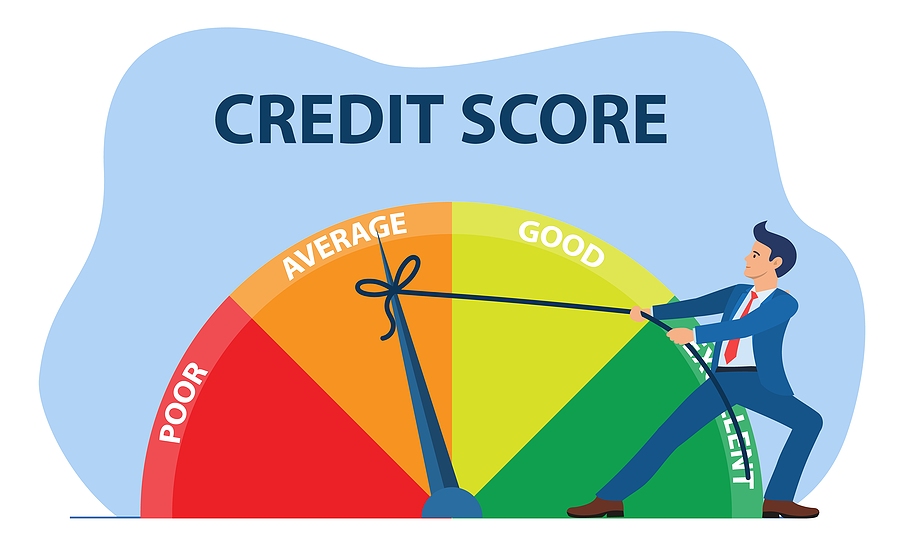5 Factors That Affect Your Credit Scores
Many people feel that they need an advanced degree to analyze and maintain their credit scores. Well, the true fact is that the process is actually very simple.
It is important to mention that the credit score usually falls somewhere between 300 to 850. But the account holder does not just need to play with the numbers for credit score. According to the Velocifin, there are a few other factors that demand your attention to calculate and improve your credit score. This score is used by lenders to know whether you will be able to pay back the debt on time or not. That is why it is considered as a deciding factor to get a loan for your new house or vehicle.

Factors that affect your credit score:
If you are also interested in making a big investment with the help of a loan, it is good to understand the factors that affect your credit score. This knowledge may also give you a better opportunity to improve this score with time.
Here we have listed the five most common factors that are directly linked to your credit score:
Payment history:
The first important ingredient of your credit score is your payment history. Note that even one missed payment can have a negative impact on the credit score. Lenders are always interested in giving loans to one who can pay it back on time. That is why they consider your payment history before accepting the loan application. The payment history holds 35% accountability in the FICO score used by lenders.
Credit utilization:
The credit utilization ratio is counted by dividing the revolving credit currently in use with the total revolving credit limits. This ratio helps lenders know about the credit that you are utilizing and give an idea about how reliant you are for the available non-cash funds. Credit utilization makes up 30% of the FICO score, and if you are using more than 30% of the available credits, it gives a negative indication to the creditors.
Credit history length:
The credit history length makes up 15% of the portfolio. It gives information about the tenure of your oldest credit account, the age of the newest credit account and the average age of all the credit accounts. Longer credit history usually leads to a higher credit score.
Credit mix:
People that have top credit scores are more likely to carry diverse credit account portfolios. It may include their mortgage loan, student loan, credit card and car loan etc. The credit mix presents a report on how well you are managing a wide range of credit products linked to your account. It accounts for 10% of the total FICO score.
New credit:
The history of credit accounts that are recently opened and the number of hard enquiries made by you while applying for new credit accounts for remaining 10% of the FICO score. If you make too many inquiries, it may lead to higher risk and can hurt the credit score by a considerable level.
Now you have gone through the detailed information on what affects your credit scores.